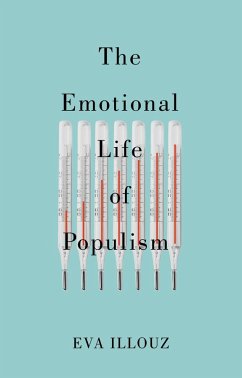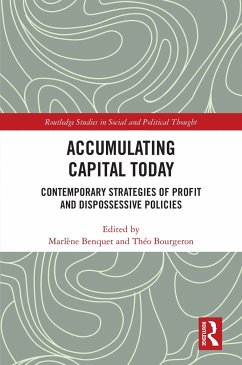
Reading Adorno
The Endless Road
Herausgegeben: Khandizaji, Amirhosein

PAYBACK Punkte
34 °P sammeln!
This book draws on core concepts coined by Adorno, such as identity thinking, the culture industry, and his critique of the autonomous and rational subject, to address the ills that plague neoliberal capitalist societies today. These ills range from the risk of a return to totalitarian tendencies, to the global rise of the far-right, and anti-feminist conceptions of motherhood. Subsequent chapters outline the ways in which Adorno's thought can also be seen to redress the challenges of modern societies, such as the critical function of artworks, and the subversive potential of slow-food and pop...
This book draws on core concepts coined by Adorno, such as identity thinking, the culture industry, and his critique of the autonomous and rational subject, to address the ills that plague neoliberal capitalist societies today. These ills range from the risk of a return to totalitarian tendencies, to the global rise of the far-right, and anti-feminist conceptions of motherhood. Subsequent chapters outline the ways in which Adorno's thought can also be seen to redress the challenges of modern societies, such as the critical function of artworks, and the subversive potential of slow-food and popular music. The important underlying concern of the book is to highlight the continuing relevance of Adorno, both in dealing with the failures of neo-liberal capitalist societies, and in his applicability to a wide range of disciplines.














